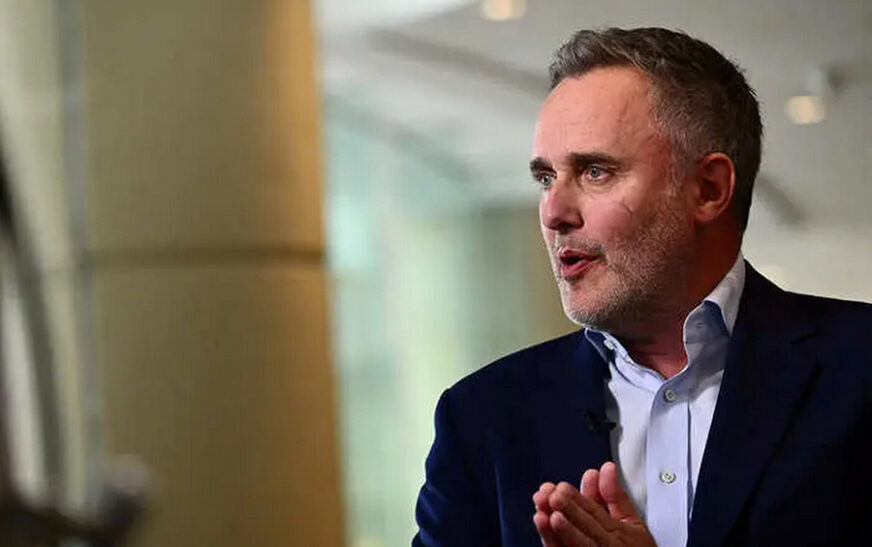Robin Vince, CEO and President of Bank of New York Mellon (BNY Mellon), has introduced an innovative approach to end-of-year work dynamics, aiming to provide employees with a much-needed break while maintaining productivity and client service.
Introducing the Recharge Period
Vince announced the implementation of a two-week “recharge period” for BNY Mellon employees at the end of December. During this time, employees are encouraged to prioritize client and core business activities, deferring routine tasks until the New Year.
Flexibility in Work Schedules
BNY Mellon’s hybrid work model will be relaxed during the recharge period, allowing employees to enjoy more flexible schedules while continuing to serve clients. This initiative aims to reduce bureaucratic constraints and foster a more relaxed work environment.
CEO Sets the Example
Vince leads by example, expressing his anticipation of utilizing the recharge period to spend quality time with family. His personal commitment to work-life balance sets a positive tone for employees to prioritize their well-being during the holiday season.
Employee Feedback
Employees have responded positively to the recharge period, appreciating the opportunity to balance end-of-year tasks with personal time. Michael Snyder, an analyst at BNY Mellon, lauded the initiative as a welcome holiday surprise, enabling employees to focus on work while enjoying the festive season.
Prioritizing Mental Health
The recharge period is part of BNY Mellon’s broader efforts to support employee mental health. The bank recently announced expanded mental health benefits for its workforce in 2024, underscoring its commitment to employee well-being.
CEO’s Vision for Revitalization
Since assuming the role of CEO in 2022, Vince has prioritized revitalizing BNY Mellon. Despite workforce restructuring initiatives announced in early 2023, the bank has demonstrated a commitment to fostering a supportive and inclusive workplace culture.
Conclusion
BNY Mellon’s introduction of a recharge period reflects a progressive approach to work-life balance and employee well-being. By offering flexibility and prioritizing mental health, the bank seeks to maintain employee satisfaction and productivity while navigating the demands of the financial industry.










